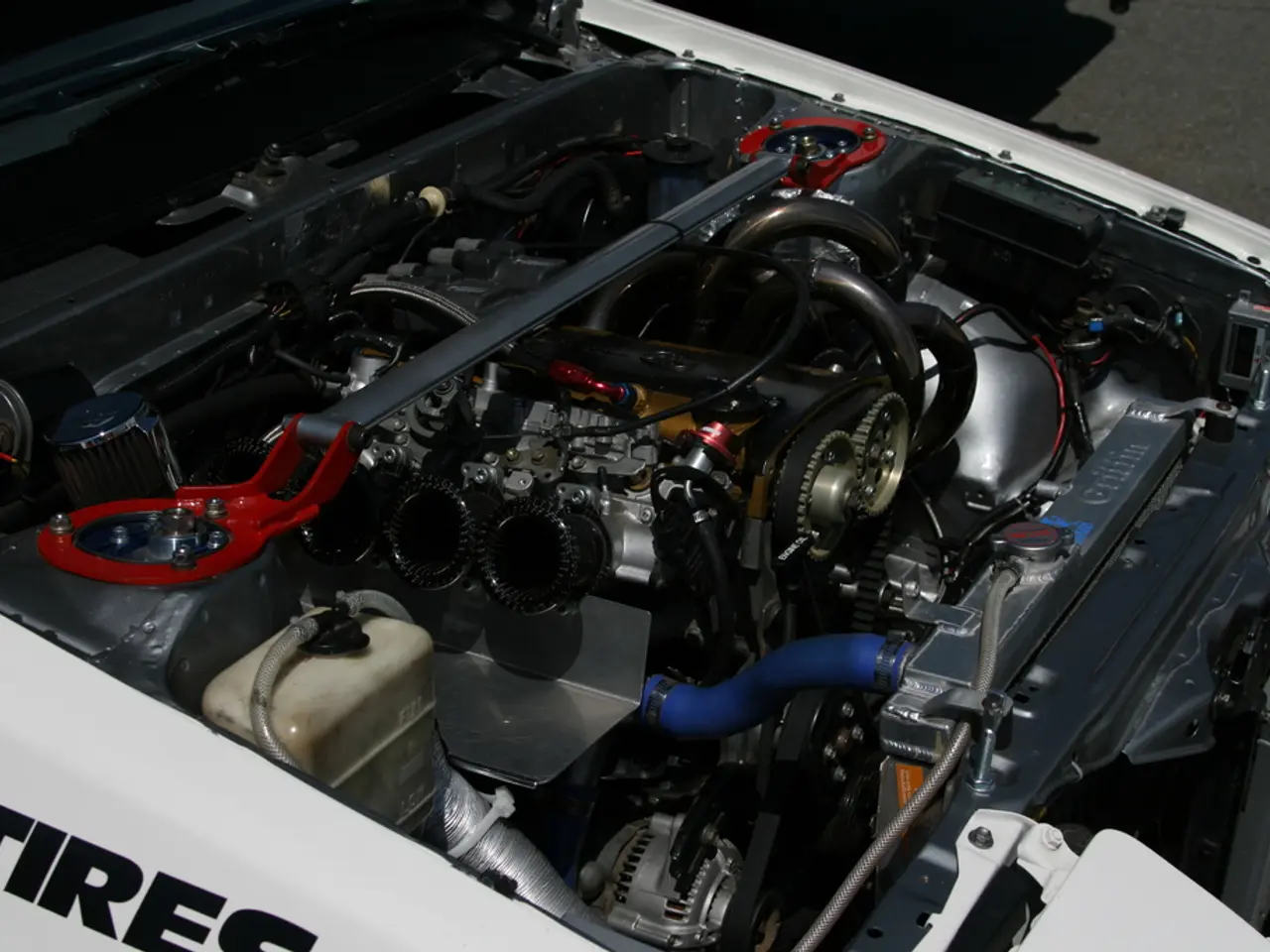China's EV battery manufacturer CATL idles lithium mine in Yichun due to rising glut among Chinese battery producers.
China has tightened export controls on key lithium-related technologies and battery materials, a move that could have significant implications for the global electric vehicle (EV) battery market. The new regulations, which require government licenses for any transfer of these technologies abroad, are aimed at maintaining China's dominance in the battery supply chain.
The Chinese government's move targets eight critical technologies in EV battery production, including those for preparing lithium carbonate and lithium hydroxide, cathode electrode material preparation for lithium iron phosphate (LFP) and Lithium Manganese Iron Phosphate (LMFP) batteries, and other key processing technologies related to nonferrous metals essential for battery manufacturing.
China controls approximately 65-70% of global lithium processing capacity and accounts for about 94% of LFP battery production, positioning itself as a dominant force in the battery supply chain. The new export restrictions aim to strengthen China’s competitive position globally and secure its leverage in ongoing trade negotiations, especially amid deteriorating US-China relations.
For Contemporary Amperex Technology Limited (CATL), the world's largest EV battery manufacturer, the tightened export environment offers some benefits. As a Chinese company, CATL benefits from privileged access to these restricted technologies and raw materials, safeguarding its technological advances and supply chain advantages from foreign competitors.
However, the export restrictions could complicate CATL's international collaborations or supply chain diversification if foreign partners face more regulatory hurdles accessing Chinese technology.
Recently, CATL's mine in Yichun, Central Jiangxi province, China, experienced a temporary production halt due to the expiration of its mine license. The price of lithium carbonate, a key battery component, has been rising significantly, reaching 81,000 yuan (US$11,279) per tonne. This increase could impact the cost of producing electric vehicles, potentially affecting the global EV market.
CATL has submitted an application for restarting operations at the mine. At the end of June, CATL's profit margin stood at 22.4%. The increase in the price of lithium could potentially affect the profitability of CATL, the world's largest producer of EV batteries. Fluctuating prices of lithium have a significant impact on the cost of electric cars, making it a crucial factor to monitor in the EV industry.
It's important to note that the production halt at CATL's mine may be due to Beijing's efforts to curb excess capacity in the EV battery industry, which could be a separate issue from the tightened export controls. The government's intentions regarding further steps to limit the output of lithium remain uncertain.
In sum, China’s current trend is to impose stringent export licensing on lithium extraction and battery cathode technologies to preserve its global leadership in the EV battery industry. This approach effectively benefits CATL by protecting its technological edge and material access, but potentially complicates global supply chains and cooperation for non-Chinese entities.
[1] China tightens export controls on key lithium-related technologies and battery materials
[2] China tightens export controls on key lithium-related technologies and battery materials
[3] China tightens export controls on key lithium-related technologies and battery materials
[4] China's dominance in lithium-ion battery market
[5] China's tightening grip on lithium-ion battery supply chain
- The Chinese government's new regulations on the export of key lithium-related technologies and battery materials are aimed at bolstering China's dominance in the global electric vehicle (EV) battery market and the wider lithium-ion battery industry.
- China's stricter export controls on lithium-related technologies and battery materials could impact international collaborations or supply chain diversification for battery manufacturers outside China, potentially disrupting the global EV market.
- By tightening export controls on lithium-related technologies and battery materials, China is seeking to strengthen its competitive position in the EV battery industry, securing its leverage in ongoing trade negotiations and maintaining its dominance in the lithium-ion battery supply chain.




